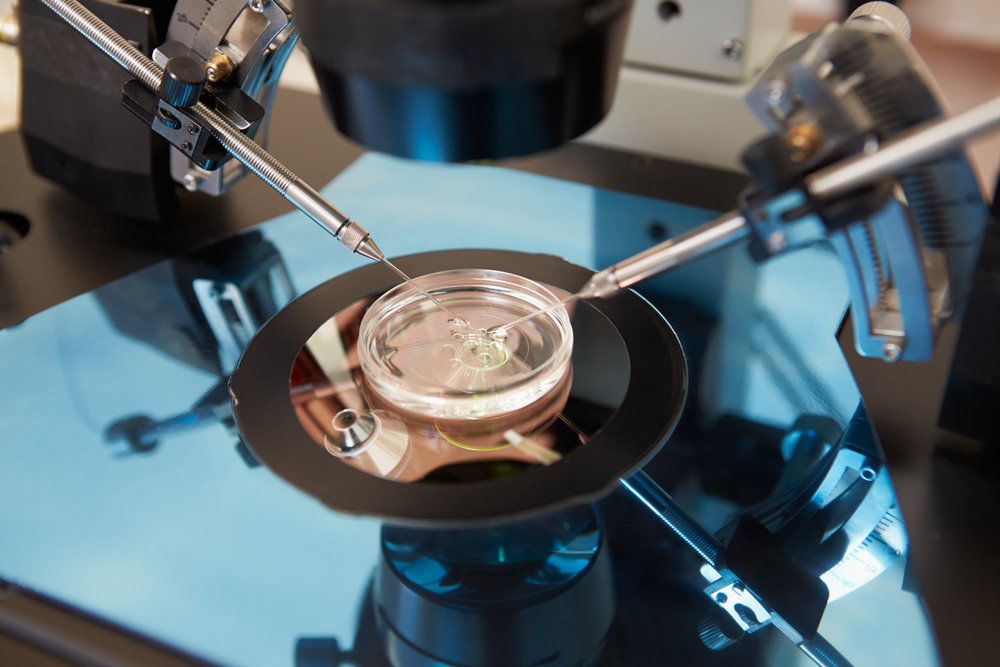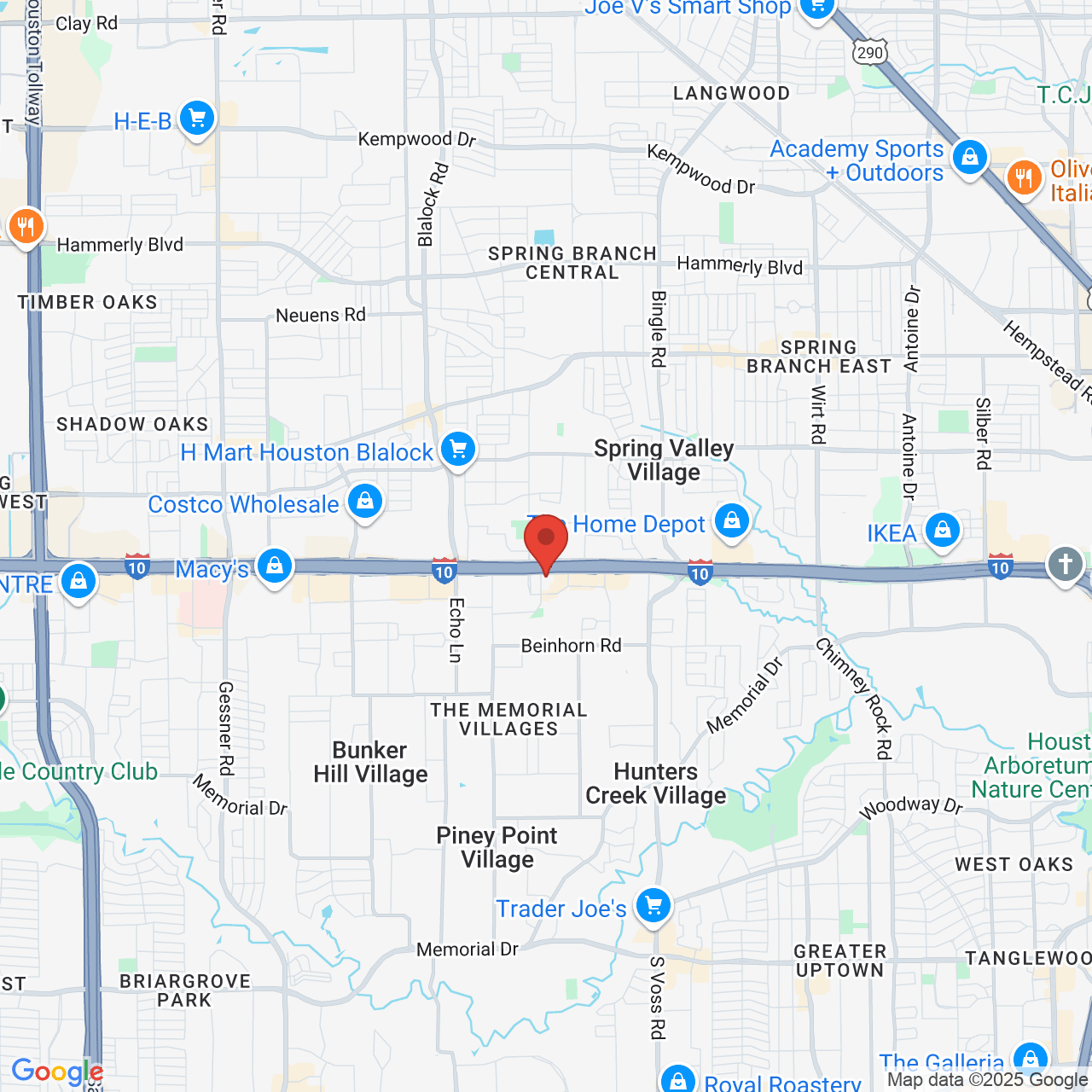Stages of Embryo Growth in IVF: Day 1 to Day 5
 Here at the Houston Fertility Center, we know that patients are generally at their best when they're full informed of their treatment options. This can be especially important when patients have questions and concerns about in vitro fertilization (IVF). The process can be confusing and complicated, but we're here to help.
Here at the Houston Fertility Center, we know that patients are generally at their best when they're full informed of their treatment options. This can be especially important when patients have questions and concerns about in vitro fertilization (IVF). The process can be confusing and complicated, but we're here to help.
Right now, we'd like to look at the development of an embryo during IVF and walk you through the different levels of cellular division on a day-to-day basis.
What Is an Embryo?
An embryo refers to a fertilized egg. During IVF, a man's sperm and a woman's eggs are combined in a lab setting in order to create an embryo.
Why Embryo Development Is So Important
The development of an embryo means that the germinal stage can be initiated and that an IVF procedure can be carried out. Without cellular division following fertilization, the IVF process would be ineffective. It's imperative that fertility specialists properly time embryonic transfer so that a woman receives the embryo at the right time to ensure successful pregnancy.
Embryo Growth Day 1 - Fertilization
Fertilization refers to the sperm entering the egg. At this time, the genetic material of the egg and sperm begin to fuse together, creating a zygote.
Embryo Growth Day 2 - Cleavage
Cleavage is a term used to describe the process of cellular division, with the zygote going from a single cell and dividing into multiple cells. The first split means a single cell becomes two cells, with four cells developing with the next cellular split, then eight cells, and so forth. If you remember your biology class, this is a process known as mitosis.
Embryo Growth Day 3 - Compaction
As cells continue to divide, the shape of the embryo begins to change. Rather than a round embryo, it's more likely for an embryo to have a shape that resembles a berry. This is known as compaction. It's much more difficult to count the number of cells given the shape change, but generally by the compaction stage, between 20 to 30 cells is common.
Embryo Growth Day 4 - Differentiation
Differentiation refers to a type of process in which a cell changes from one type of cell into another type of cell. When it comes to zygotes, this means the change from simple cells to more complex cellular structures to help build human tissue and other cell types.
Embryo Growth Day 5 - Blastocysts
By day 5 or day 6 of the growth of the embryo, the cells will have divided further, with approximately 200 cells present as well as cavitation of the cell itself. This cluster of many cells is known as a blastocyst, and it is the furthest stage of embryonic development. Outside of the IVF process, this would be the time that the embryo would implant itself along the lining of the mother's uterus.
What Stage Is Ideal for Embryo Transfer?
It really depends on the needs of the patient, as some patients may benefit from an earlier implantation than others. Similarly, the quality of the embryo and the nature of the cellular division must be considered at an individual level. Sometimes the embryo can be trasnferred on day 3, with 8 roughly cells present. Yet the embryo transfer can occur on day 5 or day 6, when a blastocyst has formed.
During the IVF process, we will be able to provide you with ample information regarding embryo transfer, fertilization, and other matters pertinent to ensuring successful treatment. We'll offer ample information every step of the way so you have an idea of what to expect during the process.
Contact Our Houston Fertility Center
For more information about fertility treatments and how they can help you start the family of your dreams, be sure to contact our team of fertility specialists today. The team at Houston Fertility Center will work closely with you to ensure great results.


